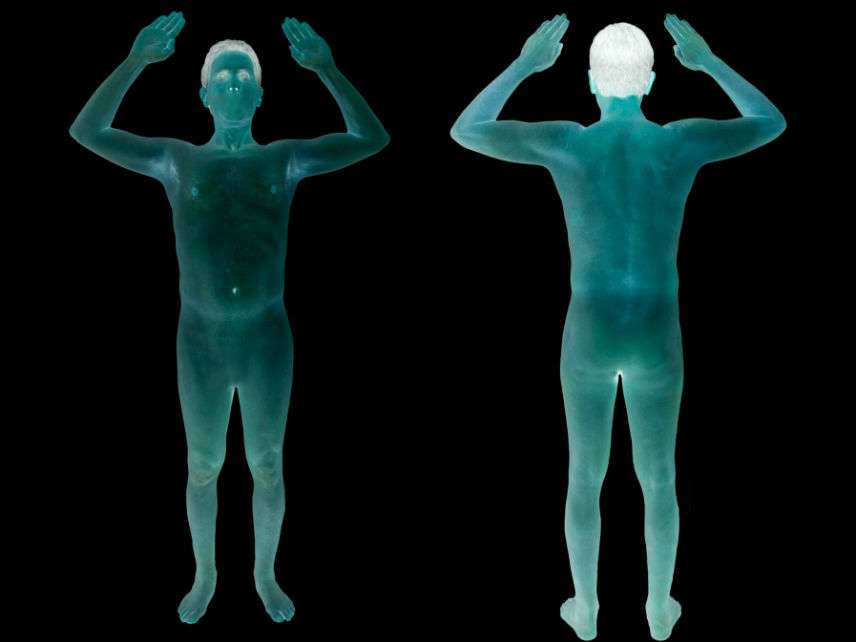'Fairness' Outweighs Objective Data When Americans Evaluate Risks
New study explains why I can't convince people that terrorism is not worth worrying much about.

The U.S. government spends over $100 billion a year fighting terrorism, a risk that kills about as many Americans as lightning strikes or accidents involving home appliances, notes the Dartmouth political scientist Jeffrey A. Friedman in a fascinating new study, "Priorities for Preventive Action: Explaining Americans' Divergent Reactions to 100 Public Risks."
Actually, he got that slightly wrong. In 2017, the government spent $175 billion on counterterrorism.
Like many other earnest media explainers, I have believed that many of my fellow Americans simply don't understand how minuscule the risk of dying in a terrorist attack is and that providing them with the relevant data would calm them down. Once voters understand how low the terrorism risk really is, I thought, surely they will want some of those social resources to go to addressing higher mortality risks, such as heart disease and traffic accidents. I was puzzled why this strategy has not worked. Friedman's research has gone a long way toward dispelling my puzzlement.
Friedman surveyed 3,000 Americans about how they perceive 100 life-threatening risks along nine dimensions:
He found that Americans actually have a pretty good idea about which risks cause more harm than others. But he also found that "Americans' risk priorities reflect value judgments, particularly regarding the extent to which some victims deserve more protection than others and the degree to which it is (in)appropriate for government to intervene in different areas of social life. These subjective beliefs shape the perceived benefits and costs of government spending in ways that go beyond objective metrics like lives saved or dollars spent."
For example, perceptions of agency shape citizens' willingness to tolerate public risk. He points out that "the mortality rate among motorcyclists is far larger than the probability that a randomly-chosen American will be killed by a terrorist. Yet motorcyclists knowingly accept risk, whereas terrorists' victims bear no responsibility for their deaths." The "unfairness" of terrorist attacks leads many Americans to judge that it is reasonable that government should prioritize counterterrorism over motorcycle safety, even with the knowledge that terrorism claims many fewer lives.
Consequently, in his survey of 100 risks, Americans assign addressing motorcycle accidents to 79th place as a priority, whereas terrorism is in third place. As it happens, 5,286 people died in motorcycle accidents in 2016, and 59 people died in terrorist attacks in the U.S. that year. (The latter figure includes the 49 people killed in the Pulse nightclub attack in Orlando, Florida.)
Friedman concludes that his "findings raise clear questions about how voters develop the subjective beliefs that appear to drive their policy preferences. What makes some people think that dying in a terrorist attack is more 'unfair' than dying from a preventable disease? What makes some people think that governments have more responsibility to avert potential future harm caused by climate change rather than funding proven methods for saving lives today? And how malleable are these judgments? The answers to these questions have major significance for debates like what it would take to convince the American public to accept lower defense expenditures, to ramp up efforts to combat global warming, or to pursue any other major recalibration in risk priorities."
Nevertheless, silly people like me remain deluded into thinking that there is such a thing as objective risk data that should be given substantial weight when choosing among public policy proposals. I hope still that my fellow citizens will recalibrate their views on whether it's wise to spend tens of billions of dollars on counterterrorism measures.


Show Comments (154)